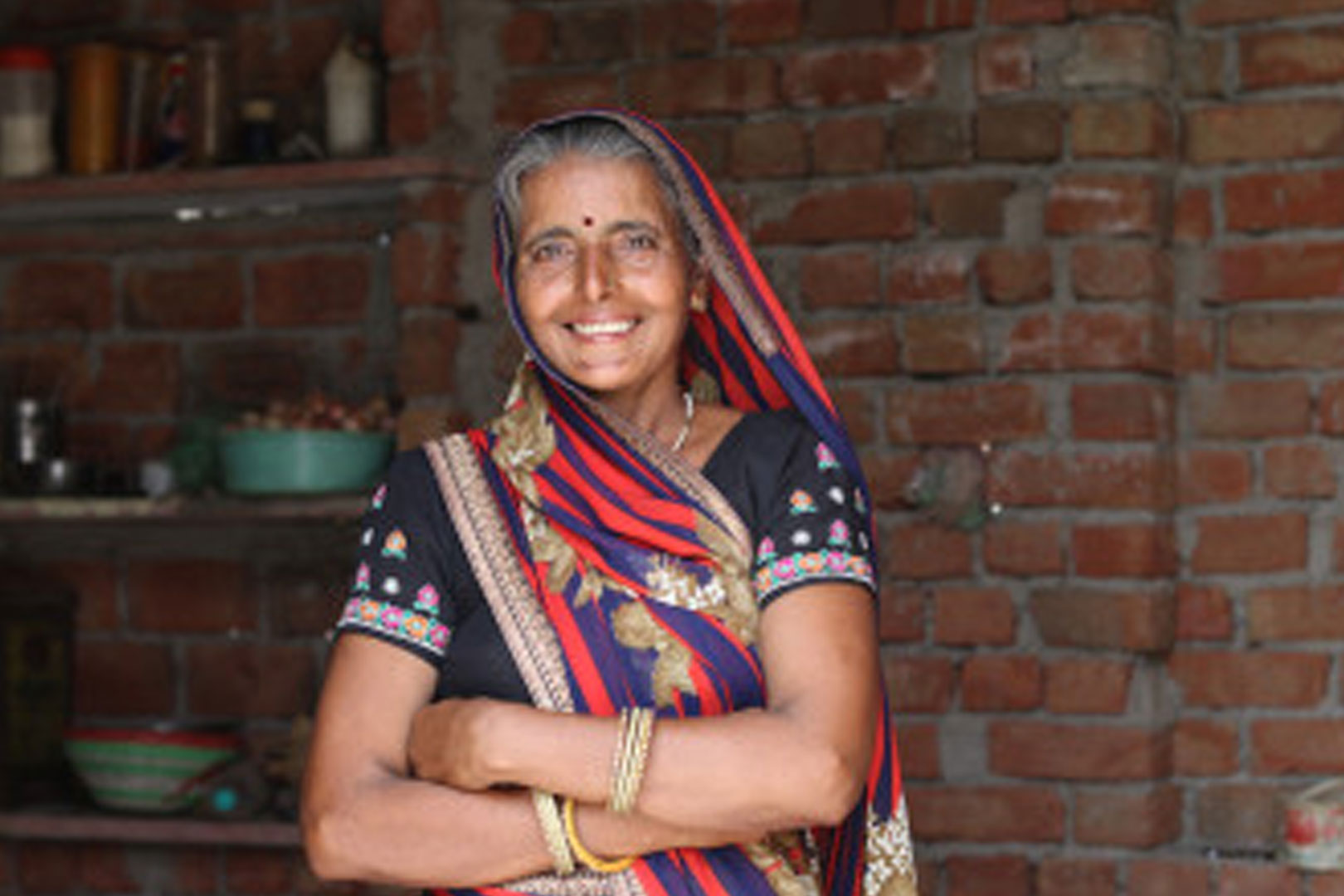Nai Disha: Cutting Through the Caste Lines

At 50-years of age, Narmada Devi’s commanding voice and confident demeanour point to a life of relative opulence. A resident of Rajgarh village in Alwar district of Rajasthan, she belongs to a region where caste plays a major role in defining the social standing of a family.
“I never went to a school. We are Zamindars, so my father never sent the girls of the family to the school,” she says while referring to the landowner title of the family, reminiscent of a colonial past that continues to persist in vast swathes of the country’s social fabric.
“My brothers attended school till 7thor 8th grades and then got inducted into the family profession. Such was the norm in the society when I was young,” says Narmada.
The scourge of illiteracy, however, is fundamentally the same for all, and having never attended school, Narmada felt the pangs of it the same way as any other member of the society would.
“You notice it during small, everyday routine tasks. I would have to ask people for the correct bus to my destination as I could not read the route markings on the vehicle. Then there would be frequent altercations with the vegetable vendor as a way of haggling just to ensure that he is giving me the right quantity of vegetables, only because I could not read the markings on the weights,” she recalls.
“These petty episodes, that in retrospect are very embarrassing, come to high relief now that I am able to read and write.”
It has been about four months since Narmada completed her Nai Dishaclasses, sitting together for three months with a batch of 25 women from the entire spectrum of the village society. And today, she is proud to display her abilities to read and write. She starts by reading out loudly the headlines of the day’s newspaper and follows it up by writing the names of all her family members in a notebook, finishing the list by signing her name with much panache.
“When I went to open a bank account, the officials there filled my forms and I just put my thumb impressions where they asked me to. Today, I sign my name on the forms whenever I visit the bank, much to their surprise,” she says with a laugh.
HPPI in partnership with Tata Consultancy Services Ltd. (TCS) is implementing the adult literacy programme ‘Nai Disha- Functional Literacy for women empowerment’, to empower 100,000 women from four States, namely Haryana, Rajasthan, Uttar Pradesh, and Madhya Pradesh. The programme uses the proven model of Computer-based Functional Literacy (CBFL) developed by TCS, imparting learning modules through a teaching software, multimedia presentations and printed material delivered by Preraks (facilitators).

Due to her age, Narmada’s story of transformation has been remarkable and is today a source of inspiration for most women her age in Rajgarh and neighbouring villages. She attributes it all to the Nai Disha project and the patient approach of her Prerak, Suman.
“Before I joined Nai Disha, I had never seen a laptop being operated. So, it was a very good tool of learning for us as due to its novelty and interesting videos, all of us were very attentive to the lessons. Suman, my Prerak, helped me wherever anything was hard to grasp,” says Narmada.
“During the initial days, Suman taught us how to write with extreme patience, holding and guiding our hands gently. I started by learning to write my name,” she says with a smile.
“Suman was the first person in the 50 years of my life to hand me a newspaper. Today I can proudly read the news of the day and most of my free time goes in it. I can’t thank her and the Nai Disha project enough for this gift,” she adds.
When asked about the role of education today, Narmarda is equally emphatic.
“In today’s times there is no difference between boys and girls. I could not reap the benefits of being literate at a young age and had to struggle through my youth. Girls today need not go through such hard times when education is so accessible. Education is a great leveller and there is no difference between an educated girl and boy today,” she says.
Like all stories of transformation, however, Narmada’s, too, comes with its own set of challenges.
“My daughter-in-law also never attended school, so I brought her along with me to the Nai Disha classes. But she was never attentive and is more concerned about her daily make-up routine than learning to read and write,” she says breaking into a hearty laugh.
“Yet, I make sure she gets a regular reading and writing session at home. And I will not stop till she is at least as competent as me,” says the quinquagenarian with a confident smile.
